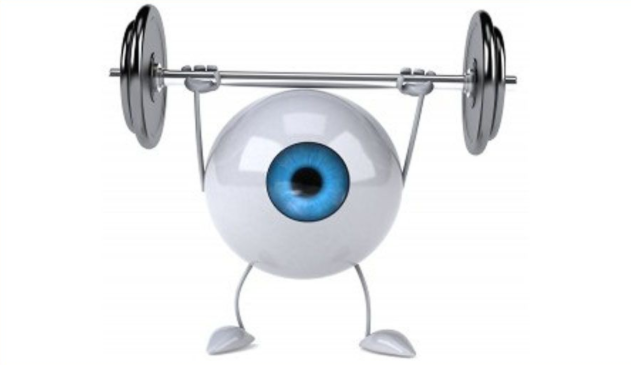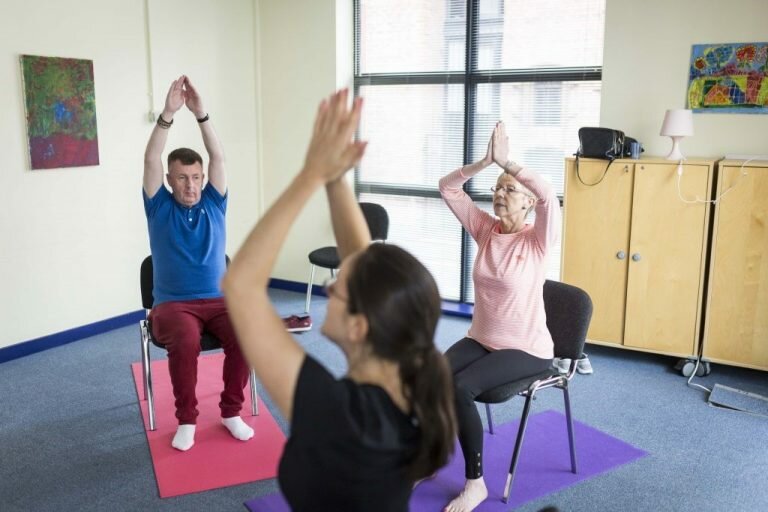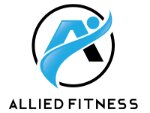Exercise and Visual Imparement
By Brooke Fletcher
There is often a common misconception that visually impaired individuals are unable to participate in any form of exercise or physical activity.
With an ageing population visual impairments are becoming increasingly more prevalent. This is why it is so important to encourage exercise due to the health risks faced with a sedentary lifestyle.
Depending on the cause of the vision loss and the severity, exercise can help to slow the degeneration. Studies have shown that exercise can reduce the severity of macular degeneration and diabetic retinopathy.
If the vision impairment is at a severe stage already, individuals are still able to reap other benefits that exercise offers. Studies have shown that not only does physical activity have the benefits that it normally would on health e.g. cardiovascular, metabolic, etc., it also has positive effects on balance and proprioception which may help with falls prevention. Exercise can also have mental health benefits which can be experienced. Group based exercise classes specifically for those who are vision impaired are also great for creating a support network whilst being physically active.

With vision impairment there can be many barriers when it comes to day to day activities, exercise in particular. As Exercise Physiologists we can help overcome some of these barriers and put strategies in place to address these. This may include anything from transportation to sessions, motivation, fear, finances, lack of information and/or trouble learning activities. We work with the client and any other parties involved to individualise a program that will work best for the individual and their comorbidities and consider any potential barriers. This may mean home visits due to lack of transportation or fear of entering an unknown environment, or working through personalised goal setting to help with motivation.
It is important to seek advice from an Exercise Physiologist when starting a program as some eye conditions may have specific requirements. A mixture of cardio, resistance training, balance and mobility is important to be included in a program due to the different benefits that each type of training can provide. Doing something, however small the individual may be able to manage, is going to be better than doing nothing with reducing the amount of sedentary time in itself having positive health effects.

At Allied Fitness Australia we currently do a lot of work with the NDIS and see a lot of clients with vision impairments or legally blind. We work closely with support coordinators, family members and the clients to help reach their goals including increasing ability with activities of daily living as well as addressing other co-morbidities. For those who are unable to reach our facilities we also offer home visits.
If you do have funding with the NDIS you can access Exercise Physiology services under both the improved health and wellbeing and improved daily living categories and our dieticians can be accessed under improved health and wellbeing. If you are self-managed, Agency managed or Plan managed we work with the nominated providers in arranging service agreements through to the delivery of services.
If you would like more information on how we can help you or if you are unsure on your funding or eligibility please get in touch and organise a complimentary consultation with one of our Exercise Physiologists or dieticians today.
Brooke Fletcher
Accredited Exercise Physiologist
